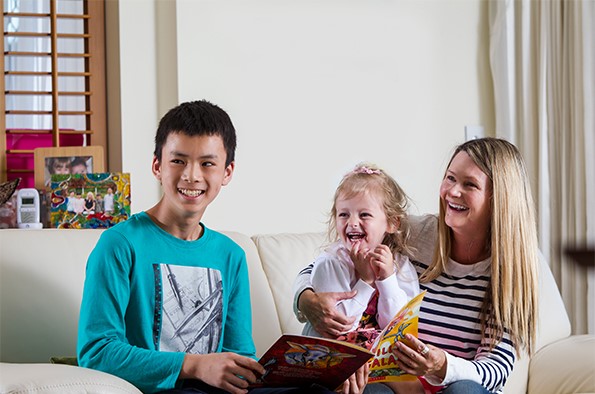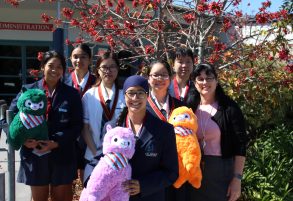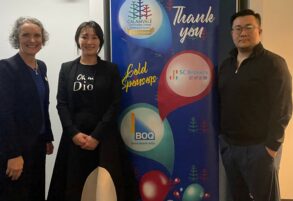Building a strong culture of parent engagement

It’s something parents hear all the time, but it bears repeating. One of the keys to parents and teachers working together is to have good communication. Parents are vital partners in education. They influence their children’s attitudes about learning, and support learning at home. They are a vital link between home and school. And when they become involved in the life of the school, they make our schools better places to learn, grow and thrive. Educators and parents generally agree that positive, supportive and open relationships between home and school, parent and teacher are desirable. Additionally, research has shown that parent engagement and successful parent-teacher partnerships result in improved educational outcomes for students. Teachers and parents provide a vital support system to help students flourish. Both groups are important. When parents and teachers communicate and work together effectively, it can significantly impact each student’s long-term success.

But we cannot confuse the difference between parent involvement in schools and parent engagement. One dictionary definition of involve is “to enfold or envelope,” whereas one of the meanings of engage is “to come together and interlock.” Thus, involvement implies doing to; in contrast, engagement implies doing with.
Parent involvement in schools includes attending events, volunteering in class or other activities, and serving on school councils and parent committees. It’s not that family involvement is bad. Almost all the research says that any kind of increased parent interest and support of students can help. But almost all the research also says that family engagement can produce even better results—for students, for families, for schools, and for their communities (Ferlazzo & Hammond, 2009) As a school we are striving for parent engagement-listening to what parents think, dream, and worry about.

The ACT Government defines parent engagement in two parts—family-led learning and family school partnerships:
- Family-led learning focused on high aspirations for children, shared reading, a positive environment for homework, parent-child conversation, a cognitively stimulating home environment and support for social and emotional wellbeing; and
- family-school partnerships that encourage positive parent-teacher relationships, communication about children’s progress, and engagement in the school community, while equipping parents to effectively support and encourage their children’s learning and wellbeing (ACT Government, 2014).
As Term Three draws to a close, parents in the Junior School have the opportunity to participate in our Student Led Conference event on Thursday 9 September.
Student-Led Conferences form an important part of our Primary Years Programme (PYP) and the reporting of student learning across all learning areas. Student-Led Conferences involve the students having agency in their learning and taking responsibility for leading the conference with their parent/s, and in doing so, are responsible for sharing their learning and progress with their parent/s.

This year, we are extending on our process to allow for greater student agency, valuing student voice, choice and ownership. These conferences are a thoroughly rewarding experience (for students and parents) and we strongly encourage all families to take advantage of this opportunity.










